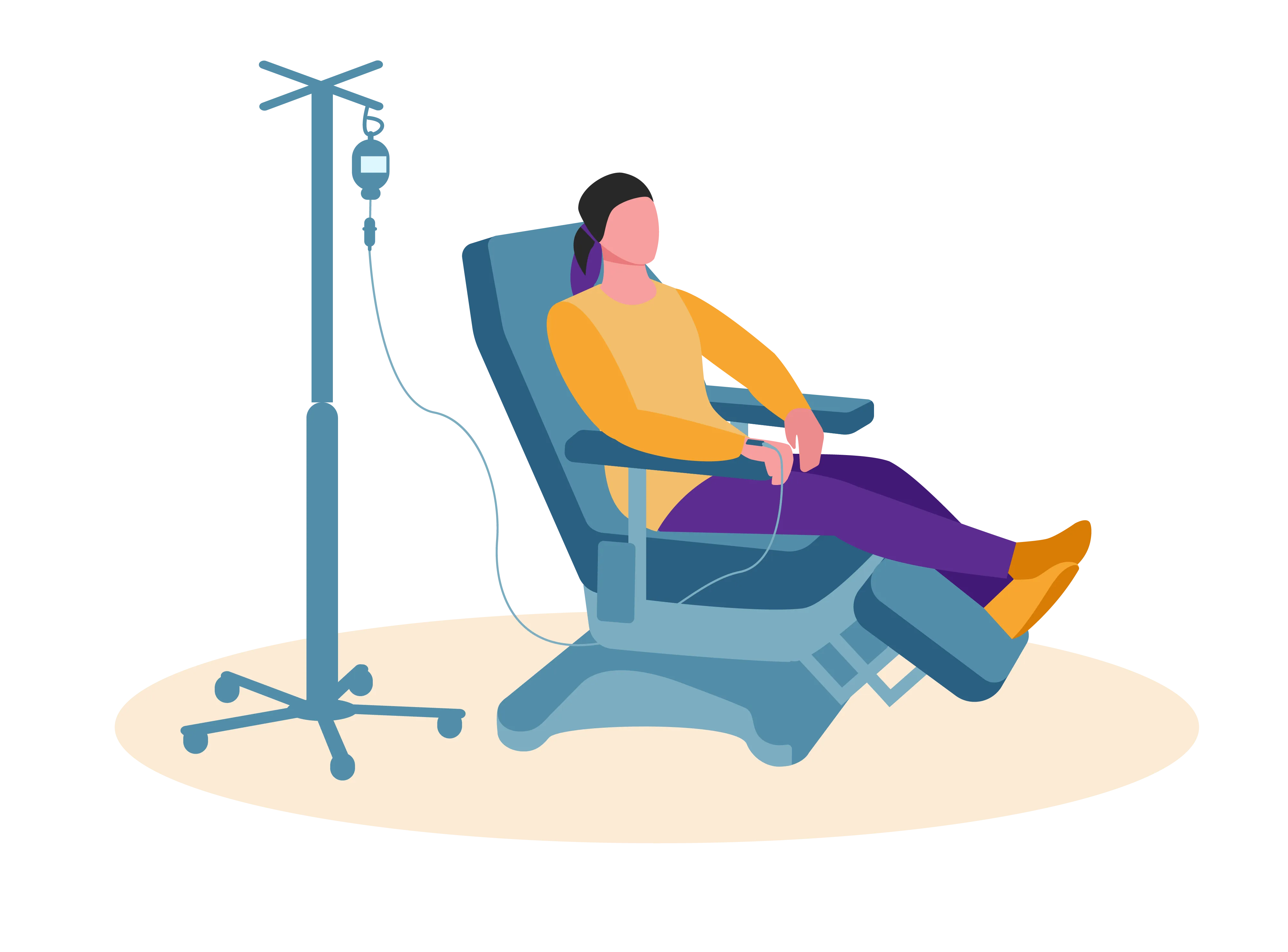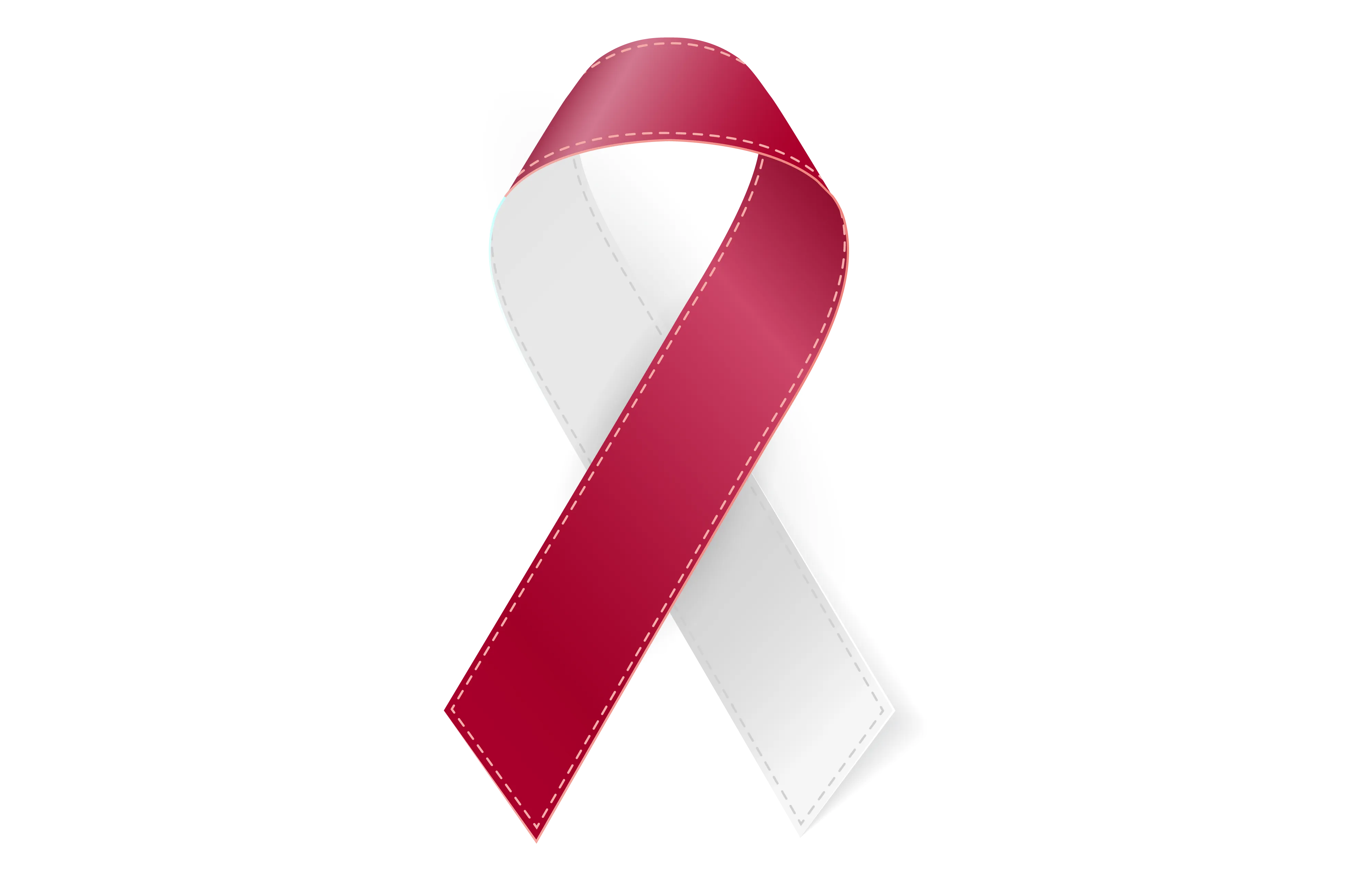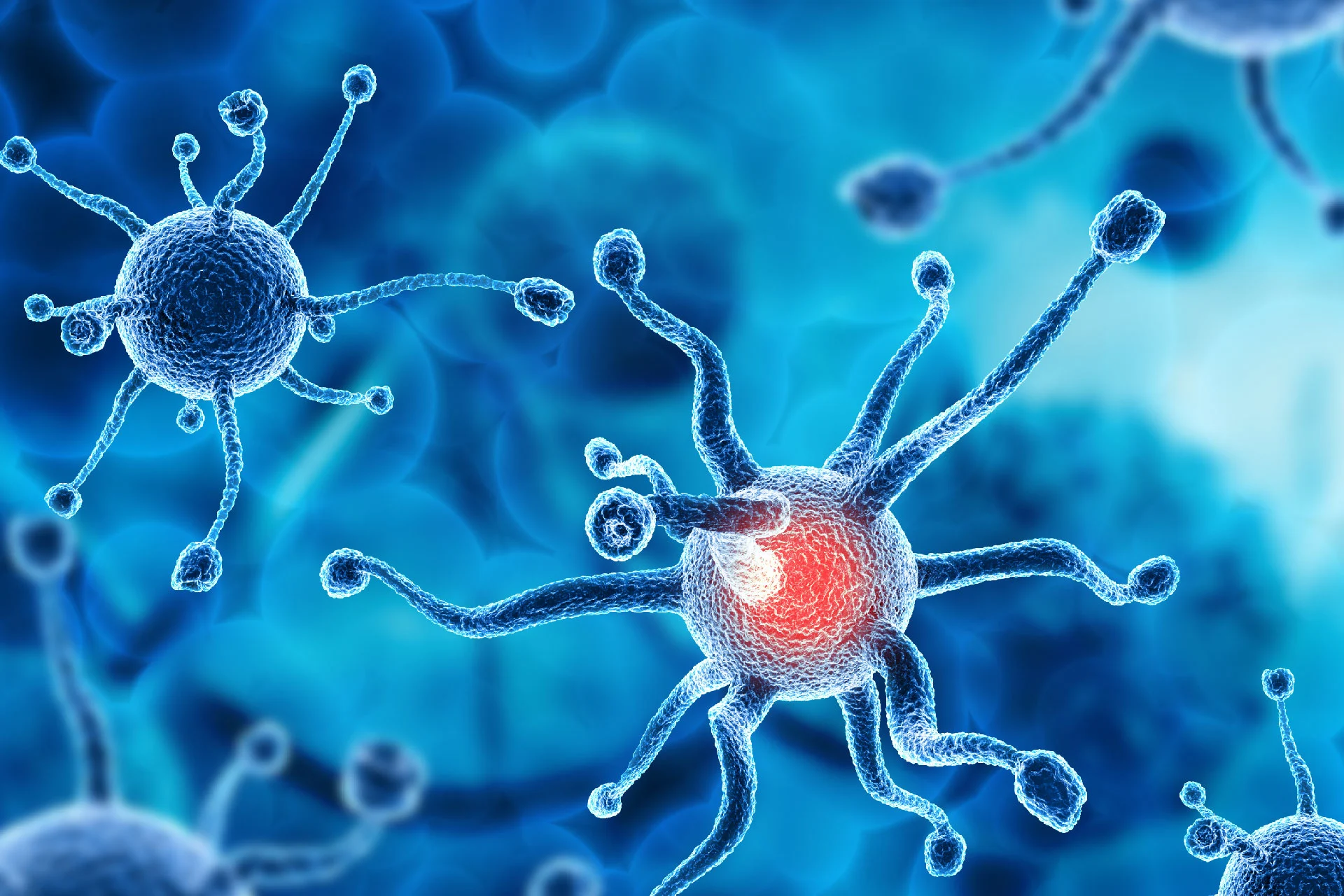Cancer | 10 min read
Head and Neck Cancer: Early Signs, Risks, Types and Treatment
Medically reviewed by
Table of Content
Key Takeaways
- Around 30-40% of all cancers in India are head and neck cancer
- Signs of head and neck cancer include symptoms of oral cavity
- Head and neck cancer treatment depends on the type and stage
One of the most common types of cancer around the world is head and neck cancer. According to a study published in the Indian Journal of Cancer, around 30% to 40% of all cancers in India are in the head and neck region [1]. Smoking and chewing tobacco are the major causes of such cancers. Head and neck cancer covers abnormal growth of cells in the mouth, throat, voice box, nose, and salivary glands.
These cancers generally take place in the squamous cells in the soft surfaces of the head and neck. Squamous cell carcinoma (SCC) constitutes over 90% of all head and neck cancer. Read on to understand head and neck cancer signs and symptoms and treatment options.
![head and neck cancer diagnosis]() Signs of Head and Neck Cancer
Signs of Head and Neck Cancer
Oral Cavity Symptoms
- Tooth loss
- Bad breath
- Mouth pain
- Mouth ulcers
- A lump in the neck
- Swelling of the jaw
- Difficulty swallowing
- Sudden loss of weight
- Unusual bleeding in the mouth
- White or red patches in the mouth
Pharynx Symptoms
- Headaches
- Nosebleeds
- Double vision
- Voice disorder
- Fluid in the ear
- Facial numbness
- Lumps in the neck
- Pain while swallowing
- Hearing loss on one side
- Blocked nose on one side
- Pain in the neck or throat
- Ear pain or hearing difficulty
- Buzzing or ringing in the ears
Larynx Symptoms
- Ear pain
- Voice disorder
- Shortness of breath
- Coughing persistently
- Unexplained weight loss
- Pain or difficulty swallowing
- Breathing or speaking difficulty
Paranasal Sinuses and Nasal Cavity
- Congestion
- Nosebleeds
- Hearing loss
- Facial numbness
- Denture problems
- Bulging in one eye
- Frequent headaches
- Pain in the upper teeth
- Chronic sinus infections
- A reduced sense of smell
- Double vision, loss of vision
- Leaking of mucus from the nose
- Draining of mucus into the throat
- Swelling, pain in the eye, or watery eyes
- Lump on the face, nose, or inside the mouth
Salivary Glands
- Facial changes
- Swelling near the jaw
- Difficulty in swallowing
- Facial numbness or pain
- Weakness in facial muscles
- Pain in the face, chin, or neck
- Decreased mobility of the jaw
Types of Head And Neck Cancer
Different types of Head and neck cancers are as follows.
- Oral Cancer: Cancer that develops on your tongue, mouth, lips, and gums, inside your mouth, the backside of your wisdom teeth, etc.
- Oropharyngeal cancer: There are multiple types of oropharyngeal cancer, such as the oropharynx, gums, tonsils, and cancer in the floor of the mouth. Tonsil cancer is the most common type of oropharyngeal cancer
- Hypopharyngeal cancer: Cancer that grows in the lower part of your throat
- Laryngeal cancer: Cancer that develops on your vocal cord or voice box
- Nasopharyngeal cancer: Cancer that surrounds the upper portion of your throat
- Salivary gland cancer: Cancer that grows on the glands and produces spit
- Nasal cavity and paranasal sinus cancer: It grows in the nasal cavity, the hollow spaces of your nose
Head and neck cancers could sometimes attack the lymph nodes, the upper part of your neck. However, despite the similarity in locations, certain cancers, such as thyroid, eye, oesophagal, etc., require different treatment procedures.
Head and Neck Cancer Causes
Excessive Alcohol Consumption
Consuming alcohol in huge amounts could increase your risk of head and neck cancer. According to the Centers for Disease Control and Prevention (CDC), men and AMAB should not consume more than two drinks daily. [1] Women and AFAB or those declared women at birth should not exceed more than one drink per day.
Tobacco Consumption
Tobacco is a leading cause of cancer in the head and neck areas. Cigarette smoking, using cigars, and chewing tobacco through pipes are major contributing factors. Even a person with secondhand smoke also carries the risk.
Betel Nut
In India, the consumption of betel quid (paan) is quite common and betel nut plays an important role in its preparation. However, they can put you at high risk of developing oral cancers.
Radiation Exposure
Exposure to radiation can lead to developing cancerous cells in your salivary glands.
Ultraviolet Light Exposure
Direct exposure to ultraviolet light puts you at risk of head and neck cancer.
HPV Infection
The cancer-causing type of human papillomavirus (HPV) [2] can cause oropharyngeal cancers [3] involving tonsils or the base of the tongue. Around 75% of all oropharyngeal cancers are a result of chronic HPV infection [4].
Occupational Exposure
Exposure to certain types of jobs also poses a threat of head and neck cancer. For instance, people working in the construction, metal, ceramic, logging, textile, and food industries are at risk of voice box cancer. Similarly, industrial exposure to wood dust or nickel dust can cause paranasal sinuses and nasal cavities.
Epstein-Barr Virus Infection
Ancestry and Genetic Disorders
Certain ancestry can be a risk factor for cancer. Genetic disorders, for instance Fanconi anemia, can also increase the chances of developing cancers early in life [6].
Weakening Immunity
A poor immune system cannot fight off cancer cells in the body. HIV-infected persons and those with serious surgeries like organ transplants or bone marrow infections could also suffer from head and neck cancers.
Hazardous Working Environment
If you are exposed to pesticides, asbestos, paint fumes, wood dust, etc., due to work-related necessities, it could increase the chance of head and neck cancers.
Radiation Exposure
If you have undergone radiation therapy in the past, it could also pose a small risk of salivary gland cancer.
Over Consumption of Meat
Consuming excessive amounts of meat and fish preserved with salts could also up the risk of nasopharyngeal cancer.
Genetic Reasons
Sometimes, cancer is genetically linked. A certain hereditary condition called Fanconi anaemia which results in a decreased production of blood cells also increases the risk of cancers.
Poor Dental Hygiene
Poor dental hygiene sometimes could elevate the risk of oral cancer and periodontal disease.
How to Diagnose Head And Neck Cancer?
Detection at an early stage, helps in the better management of the disease. The following tests are usually performed on the patients to confirm the diagnosis:
Physical Examination
Your doctor may examine your neck, tongue, throat, and nasal cavities to check for abnormal growth or lumps.
Endoscopy
a procedure such as nasal endoscopy is carried out with the help of a thin, lighted tube inside the areas of your nasal cavity to check for abnormalities. A laryngoscopy is another treatment that helps the doctor to see the condition of your voice box.
Imaging Tests
X-rays, CT scans, and PET scans are a few imaging tests conducted to confirm head and neck cancers. They click pictures of the affected areas and based on the images, your healthcare provider will proceed with the treatment.
Blood Tests
Some tests are also conducted to check for viruses such as HPV or EBV. The tests include some biomarkers which tell proteins commonly found in the case of head and neck cancers. These tests help the doctor to decide the course of treatment.
Biopsy
This method refers to picking up some tissues of the affected parts and getting them checked by a pathologist. This is the most established way to diagnose cancer cells.
Head Neck Cancer Treatment
Some primary and standard treatments include radiation therapy, surgery, and chemotherapy to treat head and neck cancers. Some new treatments have come, such as immunotherapy and targeted therapy to deal with cancer. Targeted therapy prescribes medicines to target some proteins that control the growth of cancer cells. At the same time, immunotherapy also involves drugs to boost the immune system and stop cancer cell growth. In some cases, clinical trials are also recommended for patients.
Surgery
Surgery is one of the recommended procedures to deal with head and neck cancers. During surgery, the tumour is removed together with some surrounding tissues. Sometimes the lymph node is also removed if the cancer cells are found there.
Radiation Therapy
During radiation, high-energy X-rays are administered targeting the tumour. This is done as an independent treatment method or sometimes in combination with other treatments such as chemotherapy and surgery. It helps minimize the symptoms.
Chemotherapy
Chemotherapy is used as a single medicine or combined with other drugs to destroy malignant cells. It is mostly used when the cancer is at an advanced stage.
Targeted Therapy
These medicines target proteins that help develop cancer cells. It is usually combined with other treatment methods.
Immunotherapy
Immunotherapy medicines strengthen your immune system to find and destroy cancer cells.
Clinical Trials
Doctors sometimes suggest clinical trials for cancer patients. It is a research study done on people to know the safety and efficacy of certain cancer medicine. Recent research on head and neck tests, immunotherapy drugs, and various radiation methods is ongoing to give better treatment options to people suffering from this disease.
Lastly, your doctor may suggest palliative care for patients suffering from head and neck cancers. It involves a group of professionals, including doctors, nurses, and other caregivers, who help patients to deal with long-term treatments. They help you make decisions regarding your treatment and handle your routine activities. This significantly improves the quality of life of patients.
Prevention
You can take preventive measures to stay away from head and neck cancers.
Give Up Tobacco
To reduce the risk of these types of cancers, you can give up smoking and other forms of tobacco use, such as using pipes, cigars, snuff and chewing tobacco.
Keep a Check on Your Drinking
Cutting down your alcohol consumption will minimize your risk of getting these cancers.
Get vaccinated for HPV
Vaccine gives a lot of protection against all the forms of cancers caused by HPV. Your age factor has a lot to do with the effectiveness of this vaccine. So you must consult your doctor if this vaccine could prove beneficial for you.
If you are a cancer survivor, giving up tobacco and alcohol could prevent cancer from coming back. You should see a doctor whenever you detect the initial symptoms. This would prevent cancer from spreading to other parts of the body.
Additional Read: Chemo Side EffectsIn any type of cancer, an earlier diagnosis and treatment is vital. Avoid smoking tobacco, chewing betel nuts, and other unhealthy habits to prevent head and neck cancer. Consult a doctor if you observe any symptoms such as neck cancer lump or neck pain. Cancer can occur at any stage in life. Book an online doctor consultation on Bajaj Finserv Health if you are at risk and get immediate treatment.
References
- https://www.indianjcancer.com/article.asp?issn=0019-509X;year=2020;volume=57;issue=5;spage=1;epage=5;aulast=Prabhash
- https://www.plannedparenthood.org/learn/stds-hiv-safer-sex/hpv
- https://my.clevelandclinic.org/health/diseases/12180-oropharyngeal-cancer
- https://www.cancer.gov/types/head-and-neck/head-neck-fact-sheet#r13 5.
- https://www.cdc.gov/epstein-barr/about-ebv.html
- https://medlineplus.gov/ency/article/000334.htm#:~:text=Fanconi%20anemia%20is%20a%20rare,syndrome%2C%20a%20rare%20kidney%20disorder.
- https://www.cancer.net/cancer-types/head-and-neck-cancer/types-treatment
- https://www.medicalnewstoday.com/articles/head-and-neck-cancer#treatment
- https://www.cancer.gov/types/head-and-neck/head-neck-fact-sheet
- https://www.medicinenet.com/head_and_neck_cancer/article.htm#what_are_common_symptoms_of_head_and_neck_cancers
Disclaimer
Please note that this article is solely meant for informational purposes and Bajaj Finserv Health Limited (“BFHL”) does not shoulder any responsibility of the views/advice/information expressed/given by the writer/reviewer/originator. This article should not be considered as a substitute for any medical advice, diagnosis or treatment. Always consult with your trusted physician/qualified healthcare professional to evaluate your medical condition. The above article has been reviewed by a qualified doctor and BFHL is not responsible for any damages for any information or services provided by any third party.

 Signs of Head and Neck Cancer
Signs of Head and Neck Cancer





